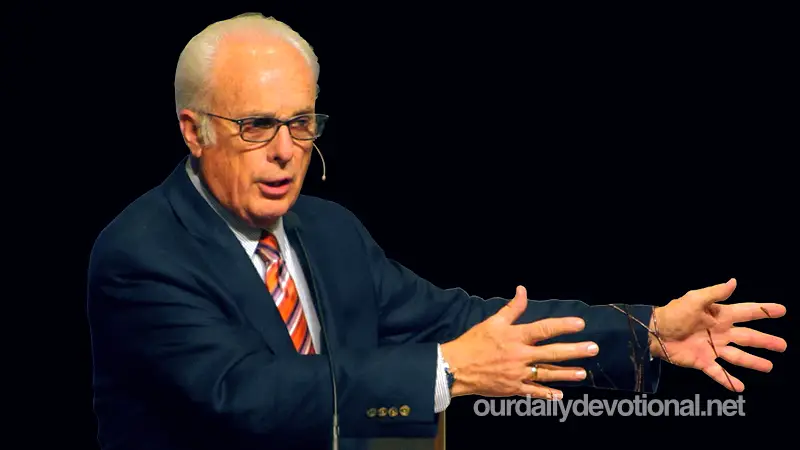Pl. of "ostrakon" (Gr.; originally meaning "oyster shell"; later it came to mean "fragment of potsherd").
Fragments of broken ceramic vessels that were used for various purposes, including writing notes of various characters on them with ink. They have the particularity that they are very well preserved in conditions that cannot be resisted by papyri.
In Greece they were used in voting to decide whether or not a person should be banned from society; That's where the term ostracism arose. In Egypt they were used for all types of notes on daily life, business, receipts, letters, etc. The term "ostrakon" appears in Jb. 2:8 in the LXX version: "Kai elaben ostrakon" ("And he took... a potsherd").
Among the various ostraca finds in archaeological excavations in the Middle East we can mention:
(a) Egypt.
Ostraca have been found from all periods, but the majority belong to the New Kingdom era and come from Thebes and the Valley of the Kings (Deir el-Medineh). Written for the most part in hieratic cursive, a few have also been found inscribed with hieroglyphics and also with artistic drawings. The ostraca found can be classified into two categories:
(A) literary:
Óstraca in which selections of stories, poems, wisdom works, hymns, etc. appear. They seem to come from school exercises or perhaps also as memory or family exercises.
(B) non-literary:
In the category of non-literary ostraca there are lists of workers, with absence marks, work reports, distribution of rations, invoices, lawsuits, correspondence, marriage contracts, etc. Thanks to this, it has been possible to obtain much greater information about Egypt corresponding to the time of the New Kingdom. Chronologically, this Empire is conventionally placed between 1570 and 1085 BC.
However, Velikovsky and Courville, among other exponents of the revised chronology, convincingly document the expulsion of the Hyksos and the beginning of the New Kingdom during the reign of King Saul. Thus, these ostraca actually shed light on the conditions of Egypt contemporary and after the time of King David. (See EGYPT, HYKSOS, etc.)
(b) Samaria.
In excavations carried out in 1910, seventy-five ostraca in the Hebrew language, written in Phoenician characters, were found in the ruins of the royal palace. These are private and commercial texts. They have been variously assigned to the reign of Ahab and Jeroboam II. Although they do not contribute anything of importance to the knowledge of history, they do have value in the study of ancient Hebrew writing and its vocabulary and phrases.
(c) Lachish.
In excavations between 1935 and 1938 at Tell ed-Duweir, where the ruins of the biblical Lachish are located, twenty-one ostraca were discovered, most of them military letters written in Paleo-Hebrew. Due to the study of their internal evidence, the date of 588 BC has been assigned to them.
They were addressed to the governor of the city during the last years of the kingdom of Judah, at the time when the armies of Babylon were reducing the walled cities one after another. There is a close relationship between the conditions revealed by these documents and the book of Jeremiah.
Ostracon III, addressed from Jerusalem to Lachish, like the others, says: «The words of the prophet are not good... he can weaken the hands of... (cf. Jer. 38: 4). These words may refer to Jeremiah himself. Another fact of interest is that in these ostraca there is the repeated use of YHWH, which later rabbinism would greatly restrict its use.
(d) Jerusalem.
In excavations carried out between 1923 and 1925, the so-called "Ofel" ostracon was found, which gives a list of names that is difficult to read, and which has been dated to the 7th century BC.
(e) New Testament ostraca.
Among the large number of ostraca found in Egypt, twenty of them have been discovered with short passages from the NT, from the 7th century AD, and written in Greek. Of the twenty, ten of them give a long uninterrupted passage (Luke 22:40-71). The other ten ostraca show passages from the four gospels ranging from two to nine verses each. They constitute a testimony of the interest of poor people in the Gospel in Egypt at the time of the Arab invasion.
There is a much greater variety of ostraca, such as the Copts of the Byzantine era, of interest to the history of the Church. As well as others of much greater antiquity in Gezer, with proto-alphabetic writing. For these and much additional information, the study of specialized works is recommended.
Meaning of OSTRACA
Pl. of "ostrakon" (Gr.; originally meaning "oyster shell"; later it came to mean "fragment of potsherd").







